WINTER WEDDING, PROS AND CONS

Spring and summer weddings are often the favorites, but more and more couples are looking to break away from tradition and embrace the magic of winter. This season not only offers unique landscapes and a romantic atmosphere, but also some advantages. However, planning a winter wedding can raise concerns due to potential logistical inconveniences. Here, we'll help you clear up all your worries with expert advice so your winter wedding is as special as you dreamed.
PROS
Winter is the perfect season to create an intimate and cozy atmosphere, thanks to the cooler temperatures that invite a decor filled with warm lights, candles, and centerpieces with seasonal flowers. This makes it ideal for a romantic wedding, full of warmth and charm.
Because it's the off-season, vendor prices, such as the venue, photographers, florists, and caterers, tend to be lower in winter. This can help you reduce your wedding budget and allocate more money to other important aspects.
Winter undoubtedly opens up a wide range of possibilities when it comes to decor. From warm tones like gold and burgundy to cozy textures like wool and velvet. If your wedding coincides with Christmas, you can even add festive touches to the decor, creating a unique atmosphere that everyone will remember.
Photographs taken on a cold day, with soft light and winter landscapes in the background, capture a special beauty that can't be replicated in other seasons, giving you unique photographs.
CONS
This can be one of the biggest challenges when planning a winter wedding, as the weather can be unpredictable. Unexpected rain showers or freezing temperatures could disrupt your plans, especially if you were planning an outdoor ceremony or a garden reception.
If you're planning an outdoor wedding, you'll need to provide solutions to keep guests warm, such as blankets or outdoor heating. It's also important to consider the comfort of the venue, ensuring everyone is comfortable and well-covered.
Although many flowers are available year-round, some varieties only bloom in spring or summer. If you have a favorite flower or a specific color in mind, you may need to adjust your expectations or pay a higher price for off-season flowers.





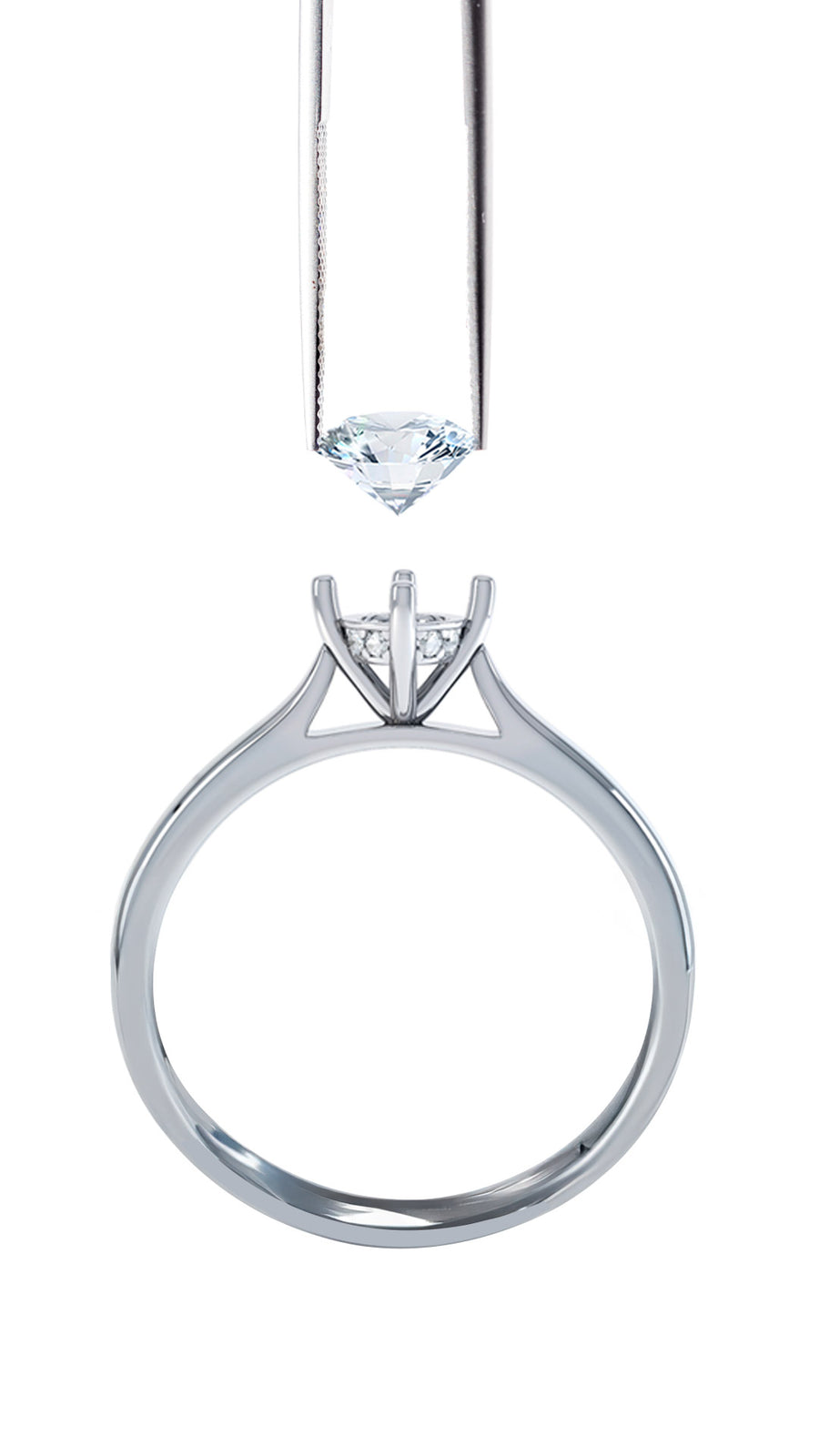
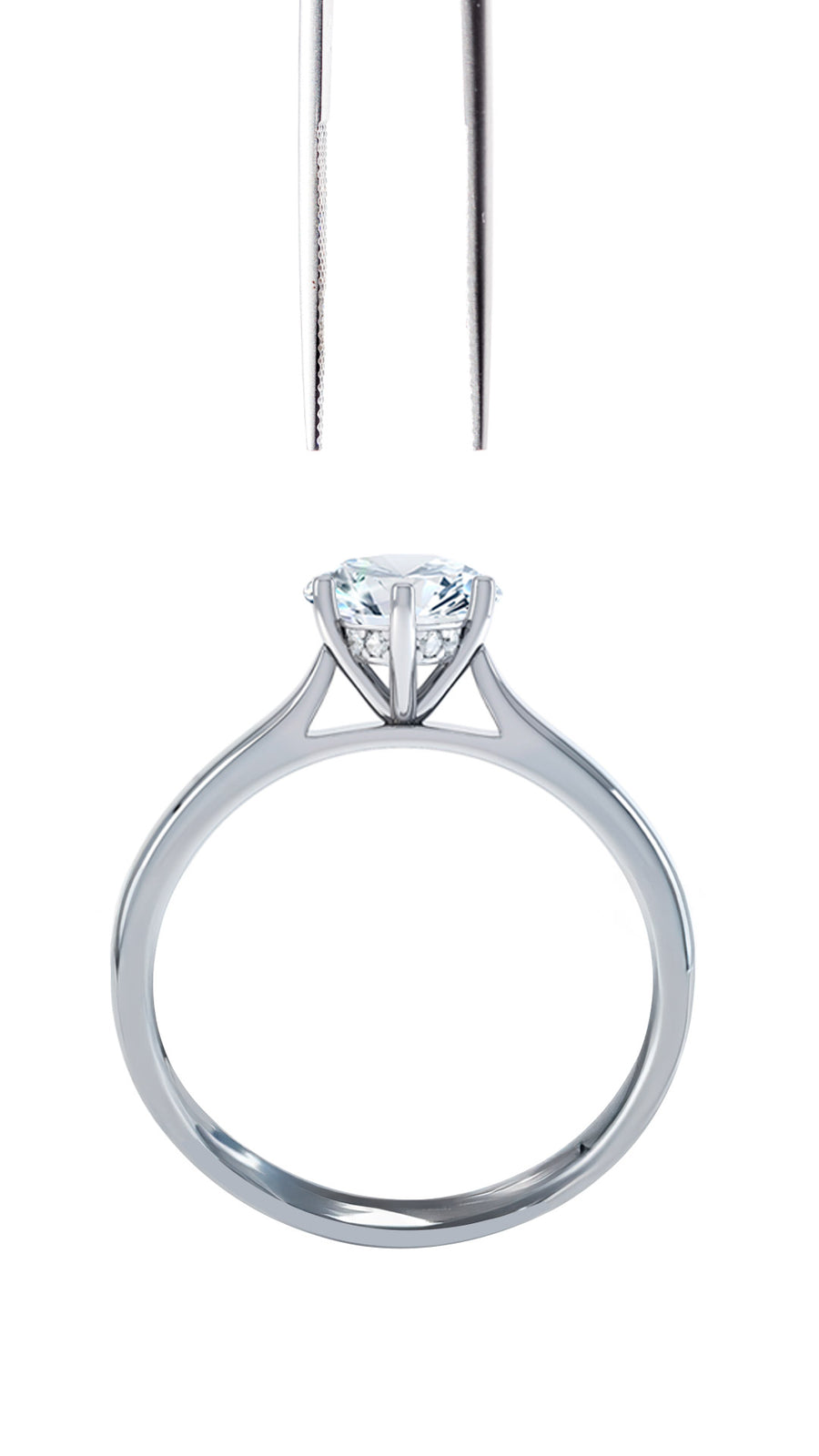


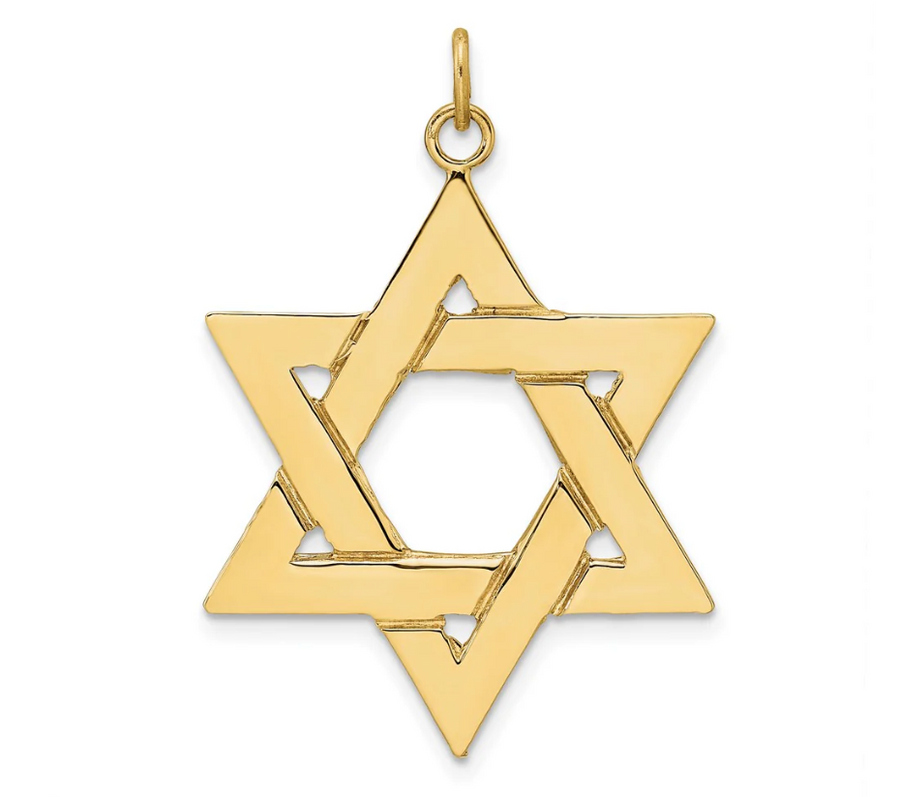
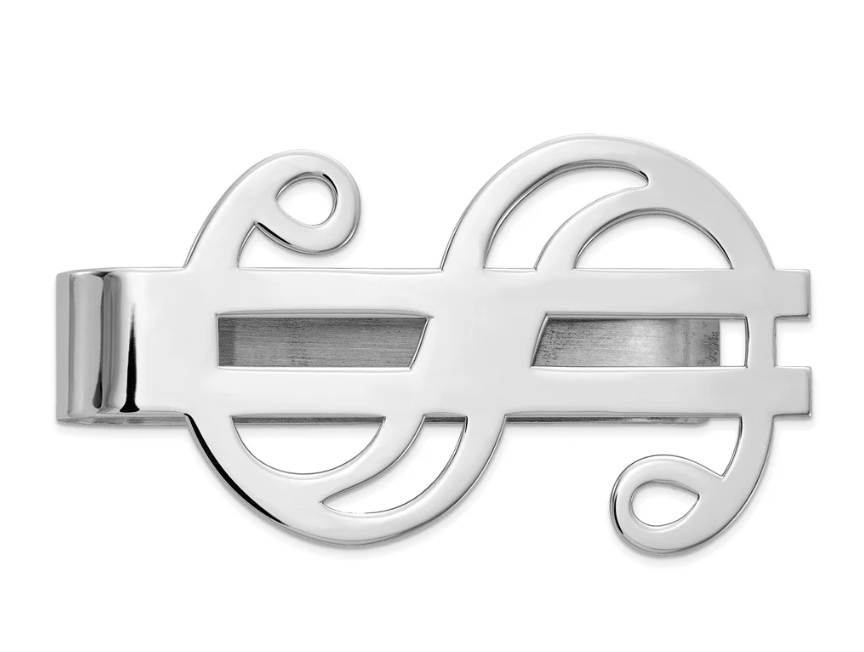




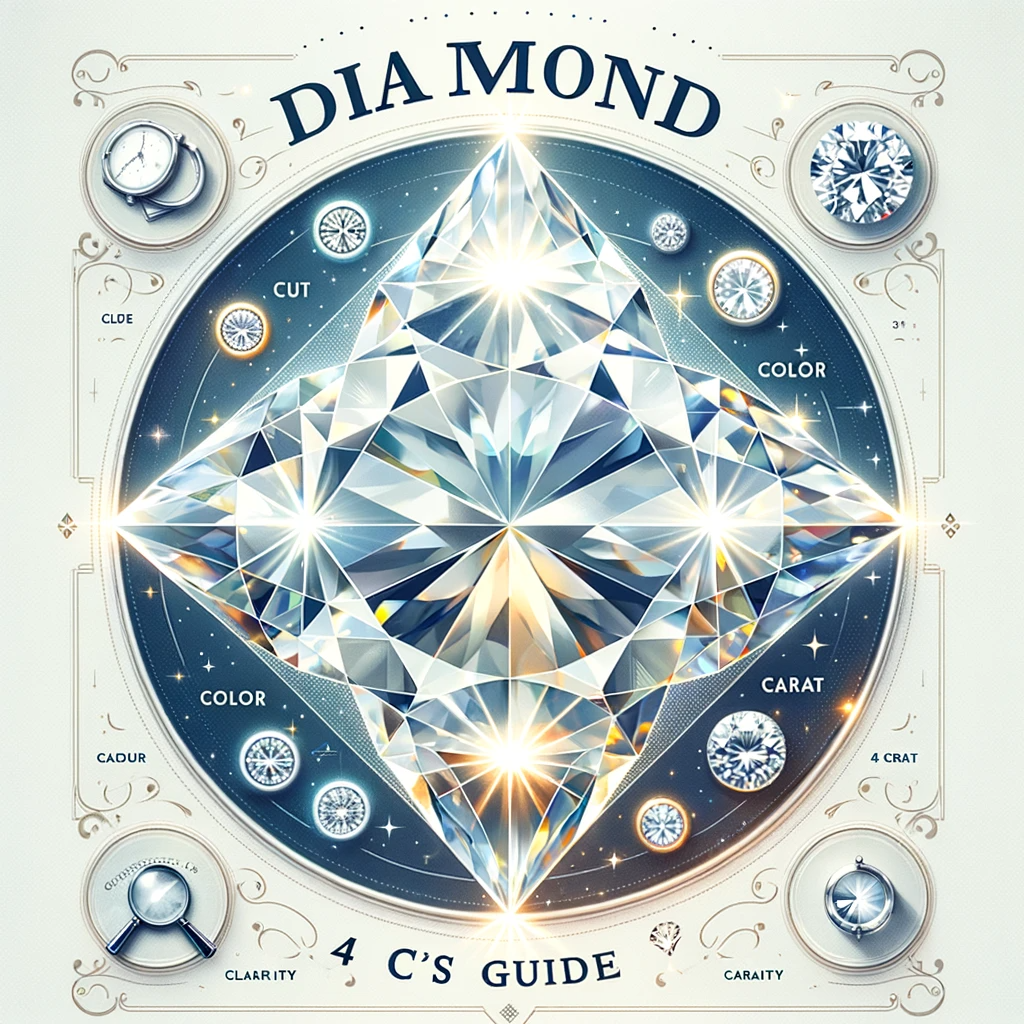
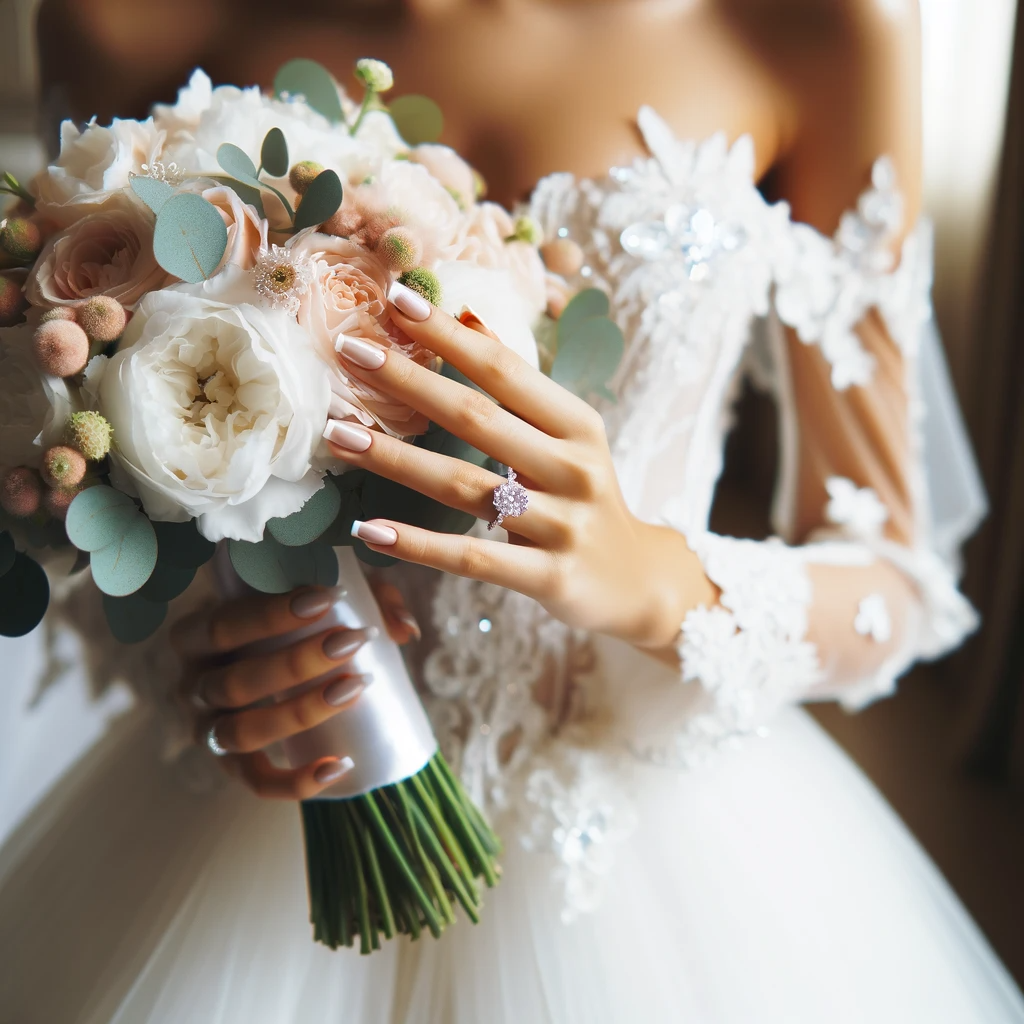



Leave a comment